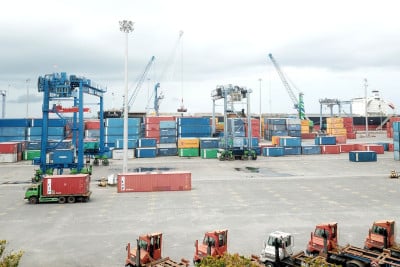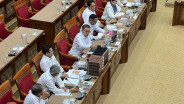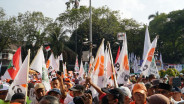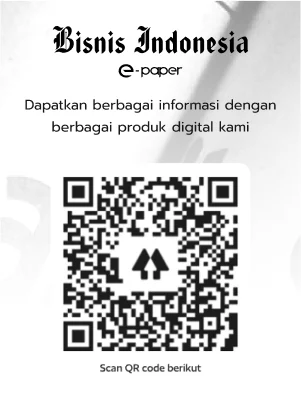JAKARTA: Moody's Investors Service sees a stable outlook for the Indonesian banking system, while various challenges in the operating environment, including the stability of the macro-economic situation, remain apparent.
"Relative to their low ratings, the creditworthiness of Indonesian banks is intact despite the strain of the financial crisis, and based on our assessment that their key performance indicators and capital levels will remain stable, or even strengthen over the next four to six quarters," said Beatrice Woo, a Moody's Vice President and Senior Credit Officer, in a press statement today."Overall, capital levels have held up, and asset quality and credit costs will be contained or continue to improve. In addition, liquidity risks will remain low, and management teams have shown their ability to respond quickly to adverse conditions," said Woo. Woo was speaking on the release of Moody's latest outlook on the Indonesian banking system and which she authored. Moody's rates 10 Indonesian banks with their bank financial strength ratings ranging from D+ to D-, and their baseline credit assessments from Ba1 to Ba3. Meanwhile, their foreign currency deposit ratings are all at Ba3 and their local currency deposit ratings at Baa3. The 10 Moody's-rated banks look set to repeat their good operating performance for another 12 months, according to the report. These are the 10 largest banks in the system, including all four state-owned banks, and they account for close to two thirds of system deposits. Several reported record profits in 2009, although earnings were boosted by non-recurring gains through bond sales. Net profits for the group grew an impressive 42% year-on-year in the first nine months of 2010. With the system's challenges, the report notes that the operating environment includes the volatile state of politics, a weak legal system, a high level of corruption, and poor governance and transparency. Moreover, government involvement is strong with it controlling 25% of system assets. The banks also have substantial holdings of government recapitalization bonds, and capital levels will be strained by future loan growth. Finally, rapid loan growth, particularly in new businesses, will test systems, and could result in high credit costs if the banks engage in imprudent lending or practices. (wiw)















